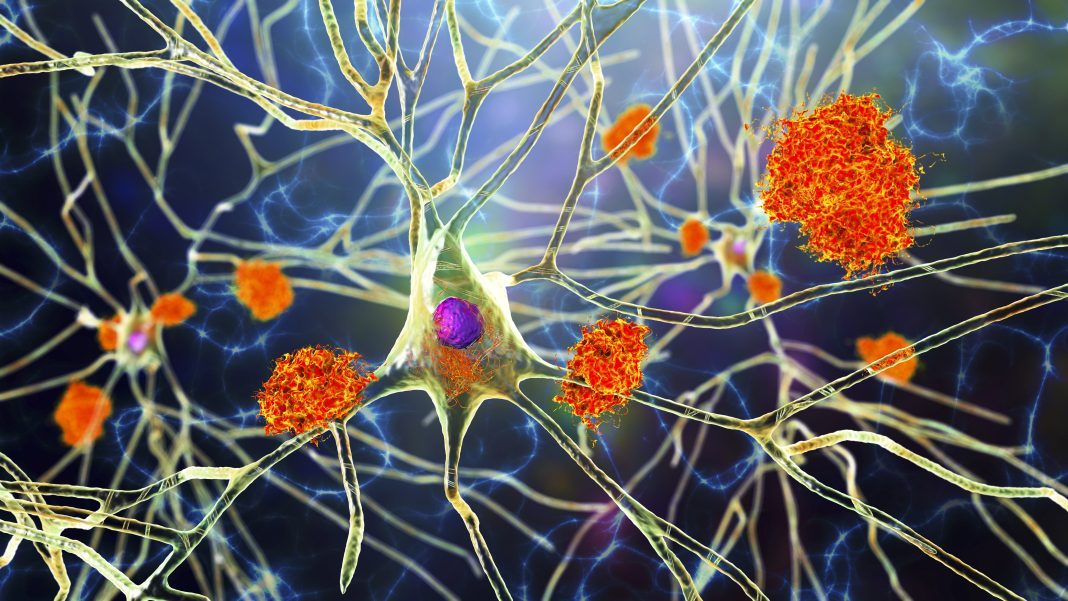The University of Massachusetts Amherst and Brigham and Women’s Hospital reported the launch of the new Massachusetts AI and Technology Center for Connected Care in Aging and Alzheimer’s Disease (MassAITC), which seeks to improve in-home care for older adults and individuals with Alzheimer’s disease. The Center will be supported by a grant from the National Institute on Aging (NIA), which is expected to total approximately $20 million over five years.
MassAITC is a collaboration that includes UMass Amherst, Brigham and Women’s Hospital, Massachusetts General Hospital, Brandeis University and Northeastern University. The Center, which will be housed at UMass Amherst, is co-led by Deepak Ganesan, PhD, professor in UMass Amherst’s Robert and Donna Manning College of Information and Computer Sciences (CICS), and Niteesh Choudhry, MD, PhD, director of the Center for Healthcare Delivery Sciences in the Division of Pharmacoepidemiology and Pharmacoeconomics at Brigham and Women’s Hospital and Harvard Medical School.
“We are pleased that UMass Amherst will house this new center, which brings together such distinguished institutions from across the Commonwealth,” says UMass Amherst Chancellor Kumble R. Subbaswamy, PhD. “The Center will leverage the campus’s considerable expertise in AI and life sciences to develop advanced care for Alzheimer’s patients and address healthcare disparities associated with the disease. Applying groundbreaking research and innovation to real-world problems is central to the mission of the flagship campus.”
“Artificial intelligence has the potential to transform important areas of science and medicine, but there is a critical need to bring the power of AI to the patients, caregivers and clinicians who need it most,” says Paul Anderson, MD, PhD, senior vice president of research and education at Brigham and Women’s Hospital. “This grant will allow experts from across our state to come together to help address this key gap.”
“It’s a difficult problem to develop AI-enhanced sensing technologies that work for people where they are,” notes Ganesan. “How do you get good, useful data? How do you analyze this data and present it to the patient, caregiver, and clinician? And then how can you intervene in a timely manner when a problem develops?”
The Center expects to bridge these gaps with interdisciplinary research that draws on the perspectives of patients, caregivers, clinicians, behavioral scientists, and other stakeholders. The goal is to have these perspectives inform the work of teams whose expertise lies in wearable and contactless sensing, artificial intelligence, and machine learning.







